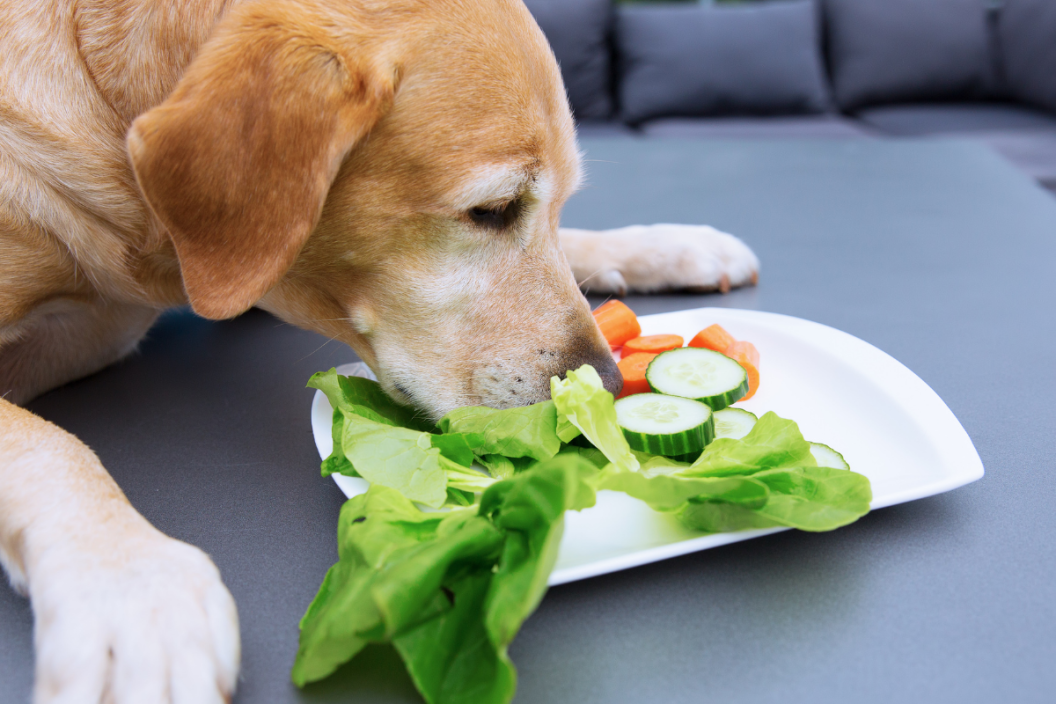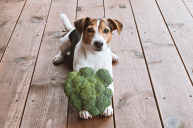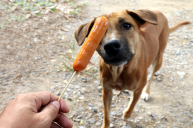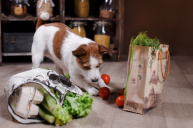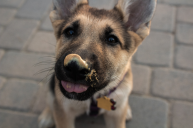Pickles are a crunchy snack with health benefits for humans, but can dogs eat pickles?
Many pickle-loving dog owners may wonder, are pickles bad for dogs? The simple answer is that it depends, but you should err on the side of caution and avoid feeding pickles to your dog. Many pickles contain poisonous ingredients to dogs, and the high salt content may aggravate pre-existing problems such as high blood pressure and weight gain. Besides the high sodium content, pickles can contain onions which cause hemolytic anemia in dogs, where a dog's red blood cells are attacked and destroyed. Not something you want to experience when giving your dog pickles. Still, these crunchy treats can be okay if you avoid large amounts and carefully check the ingredient list first.
Can Dogs Eat Pickles Safely?
https://www.instagram.com/p/CIgQjVeB8n-/
Pickles aren't strictly bad for your dog's diet, but they have a high amount of sodium and include chemicals that might be detrimental to your dog. Before feeding your dog any human foods, including pickles, see your veterinarian. Pickles can increase weight gain and blood pressure issues in dogs if consumed. If your dog is allergic to pickles or has eaten one, contact your veterinarian's hotline.
Can My Dog Eat Certain Types Of Pickles?

The dill pickle is made from a pickled cucumber that has been brined and combined with dill, a fresh herb high in antioxidants. However, the pickling process can involve other ingredients that make pickles a bad new food to introduce to your dog. To be on the safe side, feed your dog cucumbers instead. Cucumbers are a low-calorie snack, and dill helps freshen your dog's breath. If you know your pickles only include cucumber, brine, white vinegar or apple cider vinegar, and dill, your dog will be okay if they have a small piece, but they still should not eat a whole pickle.
Several types of pickles, including kosher dill pickles and bread and butter pickle slices, are harmful to dogs. Sweet pickles may use artificial sweeteners that are not safe for dogs and can even be toxic. In addition, cucumber, brine, chili pepper, and other hot spices are commonly used to make hot-and-spicy pickles. These substances can lead to an upset stomach and other digestive system distress.
Isn't Salt Good For a Dog's Health?
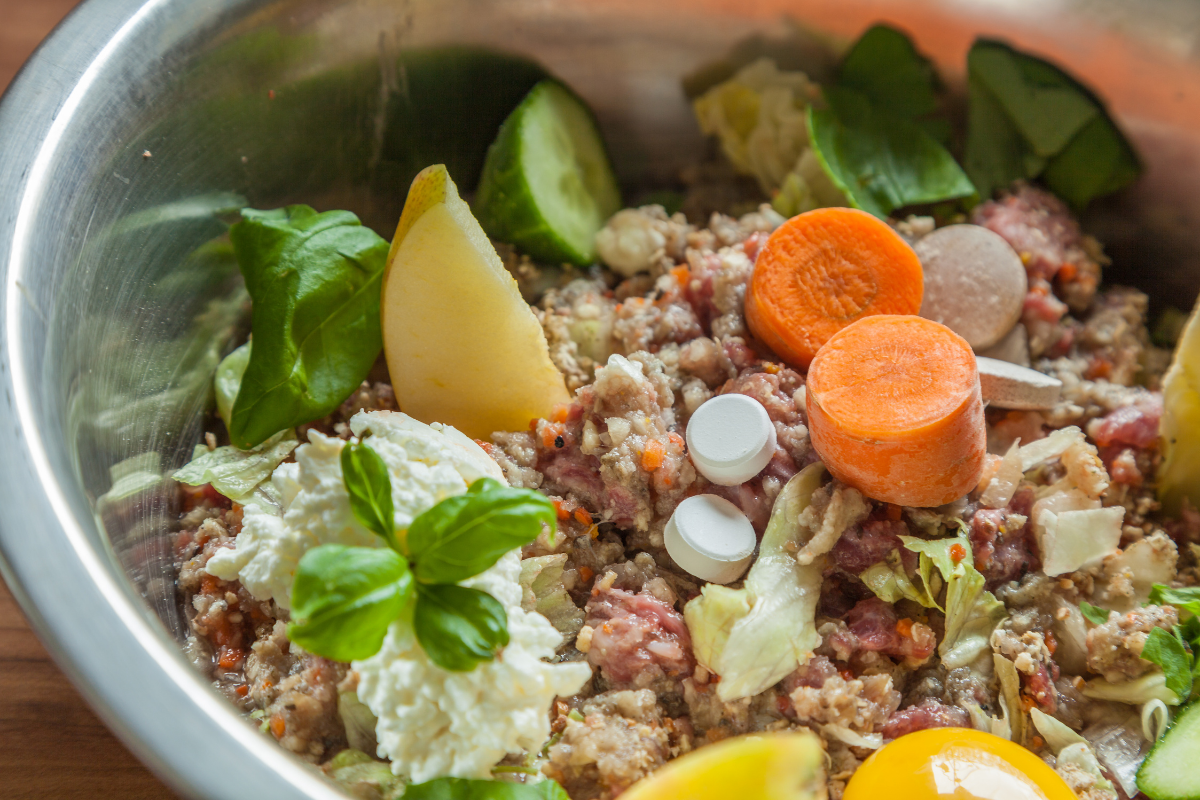
Yes, but too much is still too much. The Association of American Feed Control Officials (AAFCO) advises that commercial dry dog food should contain at least 0.3 percent salt, which is necessary for body maintenance, growth, and development. If they have a low sodium diet, both the body and the brain are put at risk. Excessive drinking, vomiting, diarrhea, ataxia (loss of balance), and seizures are all side effects of underlying medical problem in dogs.
What Happens If My Dog Eats A Large Number of Pickles?
Don't be alarmed if your dog eats an occasional pickle or drinks some pickle juice by mistake. Check to see what kind of pickle your dog ate, and get in touch with your veterinarian. If your dog consumes a considerable amount of pickles, contact your nearest emergency veterinarian or the Pet Poison Helpline at (855) 764-7661. The hotline may charge you for the call, but it's worth it if your dog's life is at stake.
What foods do your furry friends enjoy? Share with us on the Wide Open Pets Facebook page!
